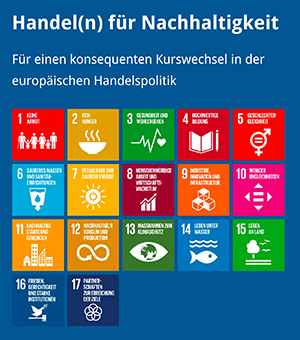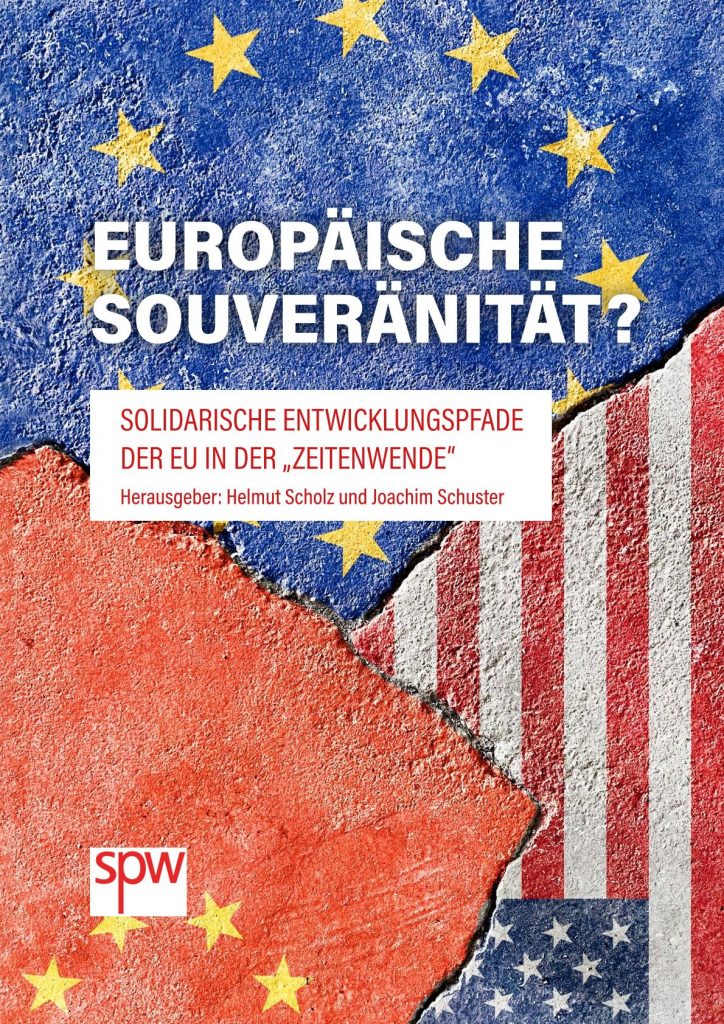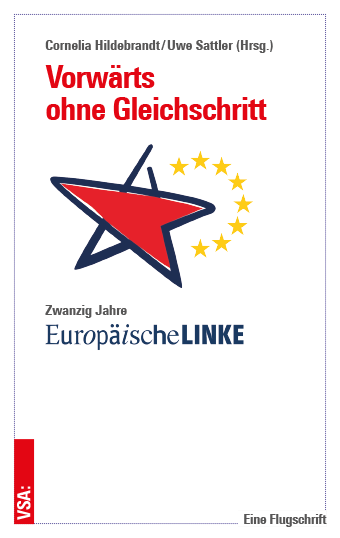On 29 September 2010, the sixth European Forum for Manufacturing Roundtable Discussion:
Trade, Competition and Manufacturing was held in the European Parliament (EP) and Radisson
Blu.
The Roundtable focused on three themes:
Trade & Competition – including Anti-Counterfeiting Agreements, Dumping, Country of Origin
Foreign Direct Investment & Trade Policy
Trade – Bilateral & Multilateral Agreements
Contributions from the European Parliament were led by Christofer Fjellner MEP, Bernd Lange MEP,
Helmut Scholz MEP, Michael Theurer MEP, Pablo Zalba Bidegain MEP and Pawel Zalewski MEP.
Commissioner Karel De Gucht, responsible for Trade and Hubert Roisin from the Belgian Permanent
Representation provided input.
Manufacturing companies were led by Alstom, Centrotherm, Cinetic Machining, FICEP, Ford of
Europe, Heller Machine Tools and, Grbr Kemper.
FOREIGN DIRECT INVESTMENT & INDUSTRIAL POLICY
HELMUT SCHOLZ MEP [gue /ngl , germany]
With this audience of practitioners, I very much appreciate
the opportunity to share some thoughts from the perspective
of a politician whose job it is to bring closer together possibly conflicting interests to find together a common way for a better future for all.
Investment policy will be an issue of tough debates in the European Parliament in the near future
when we will be given the task to deal with the Commission proposals and how to translate the
new European competence, deriving from the Lisbon Treaty, into reality. This is bound to be an
endeavour with high potential for conflict from the outset.
The Commission needs to propose more than just the continuation of the old nation state approach
to bilateral investment agreements on a European scale. Instead, investment policy should be part
be part of a future policy on trade relations, and in fact an external relations approach fit for the
challenges of the 21st century.
We will have to go beyond the old Global Europe strategy that was characterised by terminology
such as ‘enforcing access to foreign markets or raw materials’ or ‘penetrating’ foreign markets. In
this old philosophy, investment agreements were often perceived as the gunboat patrolling the
river of revenue flows for the investor against the targeted economy.
As a Member of the European Parliament International Trade Delegation to Ecuador, I had an
exchange of views with producers and traders of bananas and other products mainly from the
small and medium enterprises. They expressed concern about the competition conditions for
them due to the concluded FTA between the EU and Peru and Colombia and stressed that a new
economic relationship with European Union is for them a question of life or death.
This future relationship must be characterised by the new concept of creating a mutual integration
of economies. We have to take into account that there is the growing challenge emerging from the
development of other main markets such as India and China. We need to recognise that they have
an equal right and interest in developing their economies and their international trade. If not,
the European industries, in particular the manufacturers, small and medium sized enterprises,
will not be treated as equal partners for the manufacturers and enterprises of the countries with
which we want to trade.
Indeed, investments are very important and necessary means of this process. These markets
should not just be important for access to their raw materials, our markets should be accessible
to their economies as well. This is the principle of mutuality. In the relations with powerful new
partners such as China or Brazil, investments will go more and more into both directions and
it will become increasingly apparent that this has to be for the benefit of both sides. These bidirectional
investment flows will interlink the economies and hence also the people living and
working in the participating regions.
We note the continued internal and international investments of China cushioning the great
financial and economic crisis. Some figures:
• in the first half of 2010, China invested abroad more than $18 billion, 44 % more than in the
first half of 2009
• China’s new strategy is buying limited (eg. 10 %) shares of enterprises rather than complete takeovers
or old style ‘merger & acquisition’ strategies. Thereby China is applying the integration of
economies approach and it now has shares in 1,841 enterprises in 111 countries
• China is also heavily investing in mines and mining industry, the oil industry, and agricultural
land. In Peru, one third of the mining sector is now owned by Chinese enterprises
• China also heavily invests in infrastructure, including harbours, roads and the electricity grid
(eg. $1.7 billion in Brazil) and is about to build steel works and car factories
• while foreign direct investment was reduced in the context of the global financial crisis by 40%,
China increased its investments and is now ranked 5th investor, 12th in 2008
• in the first half of 2010, China’s trade with Latin America increased by 45%. In the near future,
China will outrank Europe and become the second biggest trading partner of Latin America
Do we want to compete with this by means of old style investment protection agreements?
When Commissioner De Gucht now begins to negotiate an investment agreement with China within
the wider context of the wellbeing of our society, social and environmental as well as economic,
this agreement should still leave sufficient space for policy development and good governance in
the Member States and in the European Union.
Since the North Atlantic Free Trade Alliance (NAFTA), there is a growing tendency to set up dispute
settlement structures whose decisions take precedence over the decisions of elected governments.
As this is in the framework of the WTO, these offer corporations the right to challenge directly
rather then having to go through another government. Would this be acceptable if counter to a
government or EU decision in the field of health, environment or anti climate change policy, where
a new regulation reduces the profits of the Chinese investors and demands large compensation
payments? And what would be the reactions of citizens and important and strong actors in our
democracies?
This is not to present an example so as to shine a negative light on Chinese investment. We will
benefit more and more from it. What I want to demonstrate is that in the past we have seen
investment policy mainly with the eyes of an investor and were often more then ready to impose
very strict conditions on the smaller recipients on the other side of the deal.
Some of them are beginning to feel stifled by this approach. Just last week the parliament of
Ecuador decided to cancel investment agreements with Germany and the UK precisely because it
does not want to live any more with inclusion of the dispute settlement structures.
This follows another example of a government experiencing very aggressive usage of dispute
settlement structures by an investor wishing to exploit a raw material – oil. There is an emerging
industry for lawyers making profit out of these disputes, the majority of which are related to
extractive industries and the environment.
In general, much of the old style investment policy is related to protecting investments in extracting
resources.
With the number of competitors for access to resources growing, the resource owning countries
could improve their position in negotiations. The number of governments requesting a greater
share in the profits for their population is also growing.
But the emergence of more wealth in other parts of the world is also in the interest of European
manufacturers. As stated in my Report on EU Trade Relations with Latin America, which the
International Trade Committee adopted almost unanimously today (29 September 2010): ‘the
export of smart and high-quality products promoted in the Europe 2020 strategy, requires solvent
customers; it is in the interests of European economies to increase the absorption capacities of
Latin American markets’ .
Any modern investment policy should reflect this. Instead of securing short term profits, it should
aim to build up markets, trust, employment and solvency of the partner societies. This way
investment becomes an important tool for the mutual integration of economies and this is the
only sort of investment that is worth protecting.









